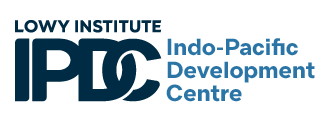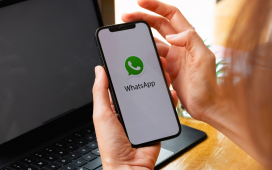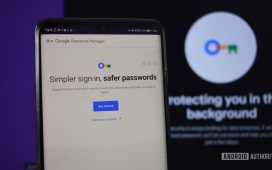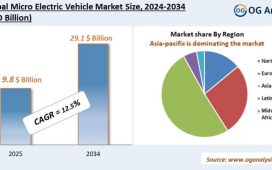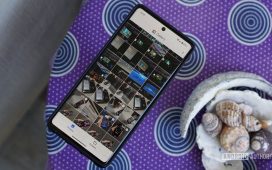Apple is struggling to secure approval to sell the iPhone 16 in Indonesia. While it may seem to be a financial issue, the real challenge is navigating local regulations and understanding the government’s underlying intentions. The Indonesian government isn’t simply asking foreign companies to pour money into the economy – it’s enforcing policies designed to encourage domestic economic growth, technology transfer, and job creation.
But for Apple, the problem isn’t only the size of the investment but a misreading of Indonesia’s agenda. It’s about aligning with the regulatory landscape and the broader economic goals that the government is pursuing.
This issue kicked off when Apple failed to meet its previous commitment to comply with Indonesia’s local content requirement (LCR) through its innovation scheme, which included the establishment of developer academies in the country. As a result, the Indonesian government took the step of banning the new iPhone 16. In response, the government is now looking for a more substantial commitment from Apple.
The LCR is a long-standing regulation designed to support local manufacturing and boost Indonesia’s economy. To sell smartphones in Indonesia, manufacturers must meet the minimum local content threshold for their devices. The focus should be on the product, not on ancillary investments such as Apple’s US$1 billion proposal for AirTag.
By investing in accessories instead of addressing the core requirement for smartphones, Apple misses the point entirely. Additionally, the government views the upcoming AirTag factory on Batam Island, near Singapore, as another commitment Apple has made.
This policy is not exclusive to Apple. The same LCR rules have led to the Indonesian government’s decision to ban Google’s Pixel smartphones. In practice, this means that Apple and Google should meet the government’s requirements to sell their smartphones in the country. This should serve as a signal to other foreign tech companies: LCR compliance is non-negotiable.
Indonesia’s digital economy is booming, fuelled by expanding internet connectivity, a rapidly growing e-commerce sector, and rising demand for digital services – making it one of Southeast Asia’s most promising markets.
The LCR policy for telecommunications devices, enforced by the Ministry of Communication and Digital (formerly Kominfo) since 2021, mandates that smartphones with Long Term Evolution (LTE)/4G/5G technologies must have a minimum of 35 per cent local content. Additionally, the Ministry of Industry has the job of calculating the local content percentage and certifying compliance with the regulation.
Apple could take a page from China’s smartphone makers such as Oppo, Vivo, and Xiaomi, who swiftly align with government expectations through domestic production and local partnerships. This kind of investment is likely what Indonesia expects from Apple to meet its regulatory demands.
China’s smartphones have become market leaders in Indonesia by establishing local manufacturing operations, enabling them to offer competitive pricing – key in a price-sensitive market like Indonesia. Extensive distribution networks built with local partners ensure widespread availability both online and in physical stores. Additionally, these brands have tailored their products to Indonesian consumers by incorporating features such as dual SIM capabilities for the large base of prepaid users and high-quality cameras to appeal to social media enthusiasts.
Despite the regulatory hurdles, Indonesia remains a promising market for tech giants like Apple. With a young, tech-savvy population of approximately 280 million people, the country offers enormous potential. In 2023, mobile phone subscriptions exceeded the population, with a penetration rate of 128 per cent, indicating that many individuals own multiple devices. Internet penetration stands at 77 per cent, while 60 per cent actively use social media. Notably, there are 209 million smartphone users in the country.
However, Apple’s current market share in Indonesia is relatively small, with iOS devices accounting for 12 per cent of the smartphone market. Looking ahead, Indonesia’s market is poised to mature in a way that favours premium products. As consumer purchasing power rises, demand for higher-end smartphones is expected to grow, creating significant opportunities for brands like Apple.
Moreover, Indonesia’s digital economy is booming, fuelled by expanding internet connectivity, a rapidly growing e-commerce sector, and rising demand for digital services – making it one of Southeast Asia’s most promising markets. Apple’s ecosystem, including iPhones, iPads, MacBooks, and services such as the App Store, iCloud, and Apple Music, is well-positioned to thrive in this dynamic digital landscape.
The challenge for Apple and other foreign investors is not that Indonesia is closed off to international business, but that the country’s regulatory framework is designed to foster local industry development. This is a crucial distinction that Apple must grasp. The path forward for Apple should involve more than just investment pledges – it should include a strategic effort to align with the country’s agenda.
The Merah-Putih cabinet, under President Prabowo Subianto, is focused on driving domestic economic growth and job creation expectedly through stringent regulatory measures. Far from a barrier, these regulations are expected to present opportunities for investors willing to align with Indonesia’s long-term goals. The question is: Will Apple and other foreign investors rise to the challenge, or look elsewhere?

